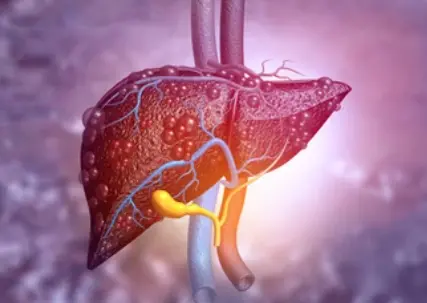 Welcome
Welcome
“May all be happy, may all be healed, may all be at peace and may no one ever suffer."
Loading...
Secretory neoplasms Generics
Secretory neoplasms - Generics
Secretory neoplasms are tumors that produce and secrete certain substances into the bloodstream or other body fluids. These substances may include hormones, enzymes, or other proteins that can cause various symptoms and clinical signs depending on the type and location of the neoplasm.
Some examples of secretory neoplasms include:
- Insulinoma: A tumor of the pancreas that produces excessive amounts of insulin, causing low blood sugar levels (hypoglycemia).
- Gastrinoma: A tumor of the pancreas or small intestine that produces excessive amounts of gastrin, causing stomach acid hypersecretion and peptic ulcers.
- Somatostatinoma: A tumor of the pancreas or small intestine that produces excessive amounts of somatostatin, causing various gastrointestinal symptoms.
- Prolactinoma: A tumor of the pituitary gland that produces excessive amounts of prolactin, causing menstrual disturbances, infertility, and lactation.
- Adrenocorticotropin (ACTH) producing pituitary tumors: A tumor of the pituitary gland that produces excessive amounts of ACTH, causing Cushing's disease.
- Parathyroid adenoma: A tumor of the parathyroid gland that produces excessive amounts of parathyroid hormone, causing hypercalcemia and related symptoms.
Treatment of secretory neoplasms depends on the underlying cause and the specific type of tumor. Treatment may involve surgery, radiation therapy, chemotherapy, or a combination of these modalities. Hormonal therapy or targeted therapies may also be used for some types of secretory neoplasms.

Tourette syndrome
Nerve disease

Anaemia of chronic renal...
Blood disease

Breast pain
Breast disease

Squamous cell carcinoma
Skin disease

Acute gout
Arthritis

Scrub typhus
Liver disease

Pyoderma
Skin disease

Intestinal or oropharynge...
Intestinal disease
Searching Keywords Idea
Secretory neoplasms, সিক্রেটারি নিউওপ্লাজম
Bangladesh is Number One in Digital Medical Management.
To be happy, beautiful, healthy, wealthy, hale and long-lived stay with DM3S.
To be happy, beautiful, healthy, wealthy, hale and long-lived stay with DM3S.